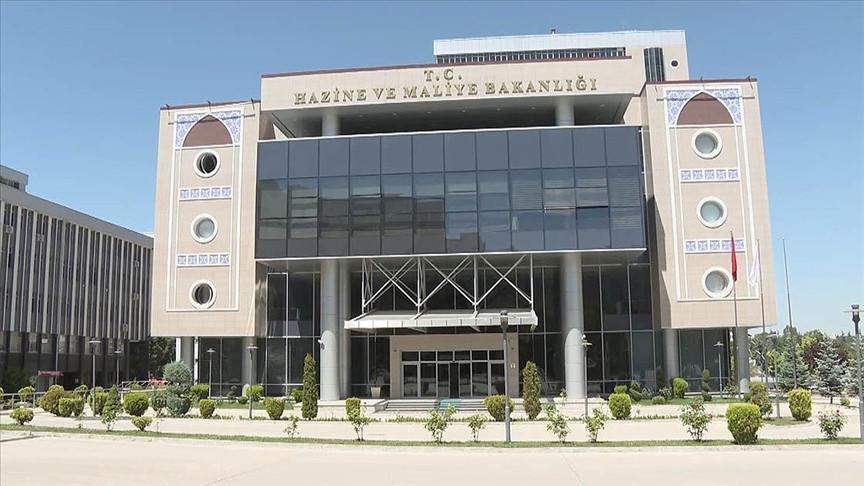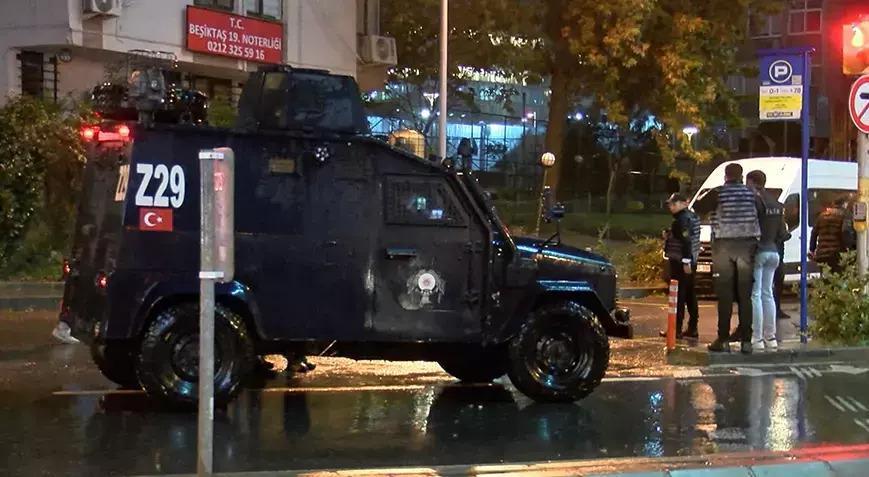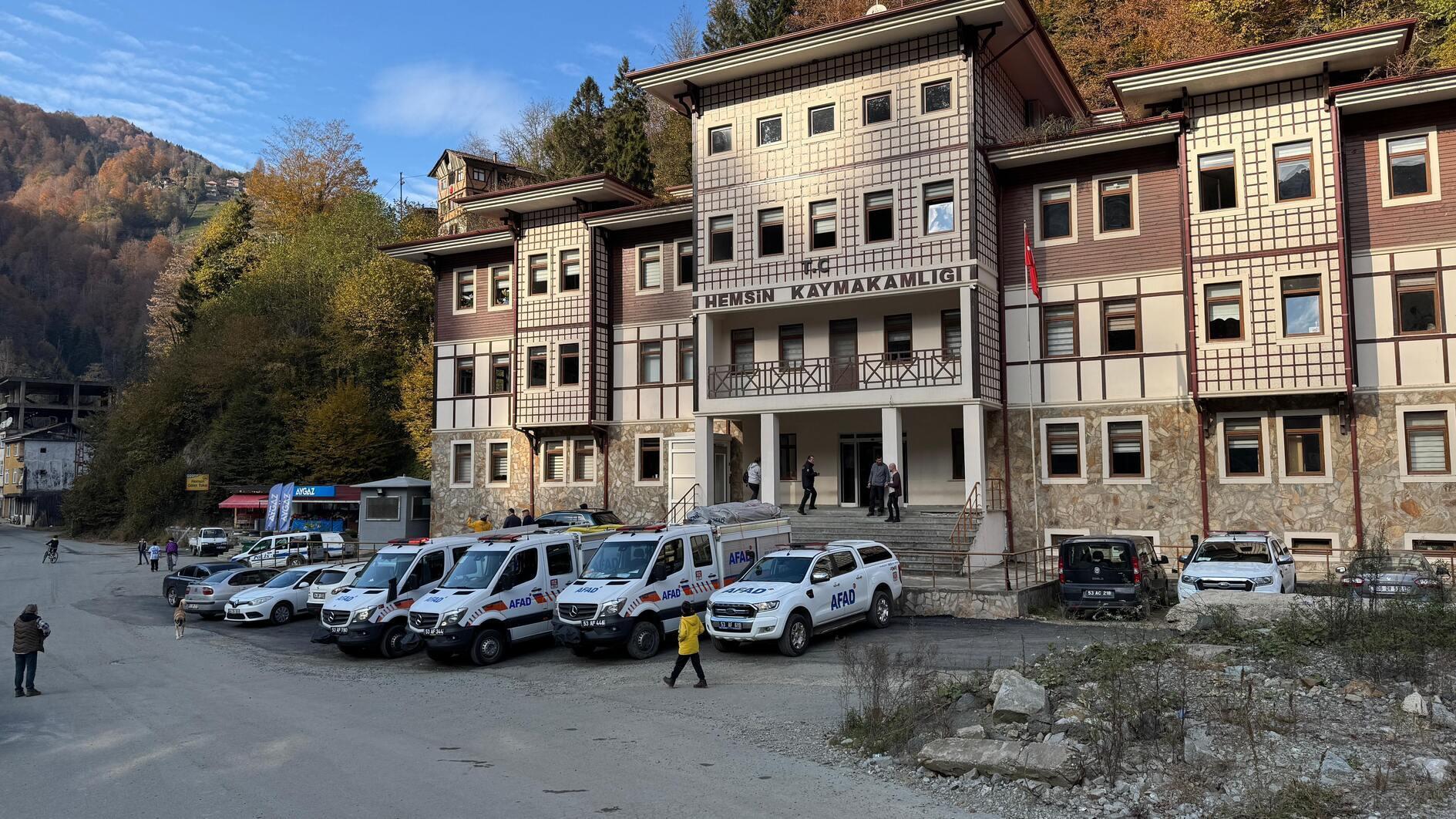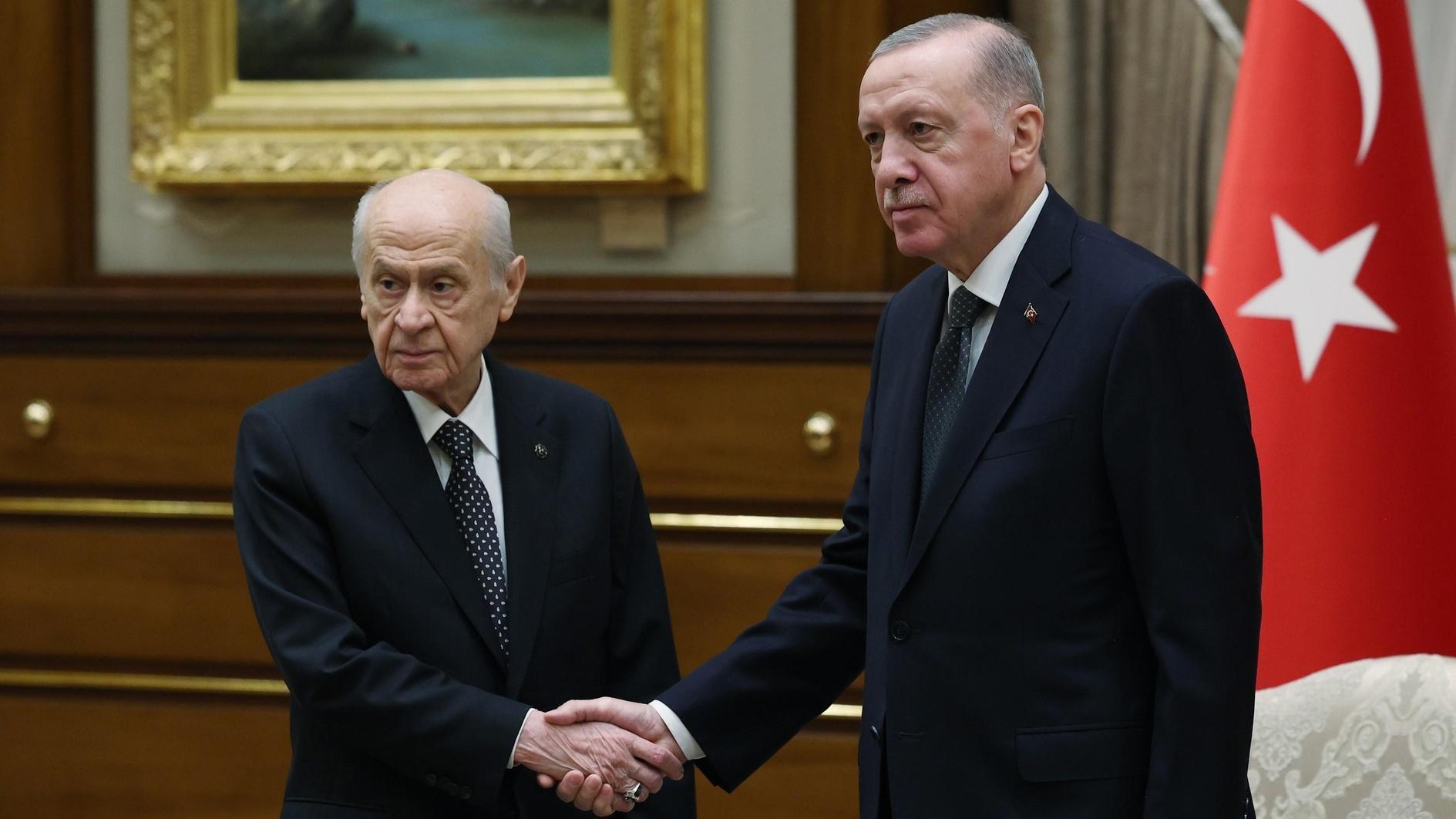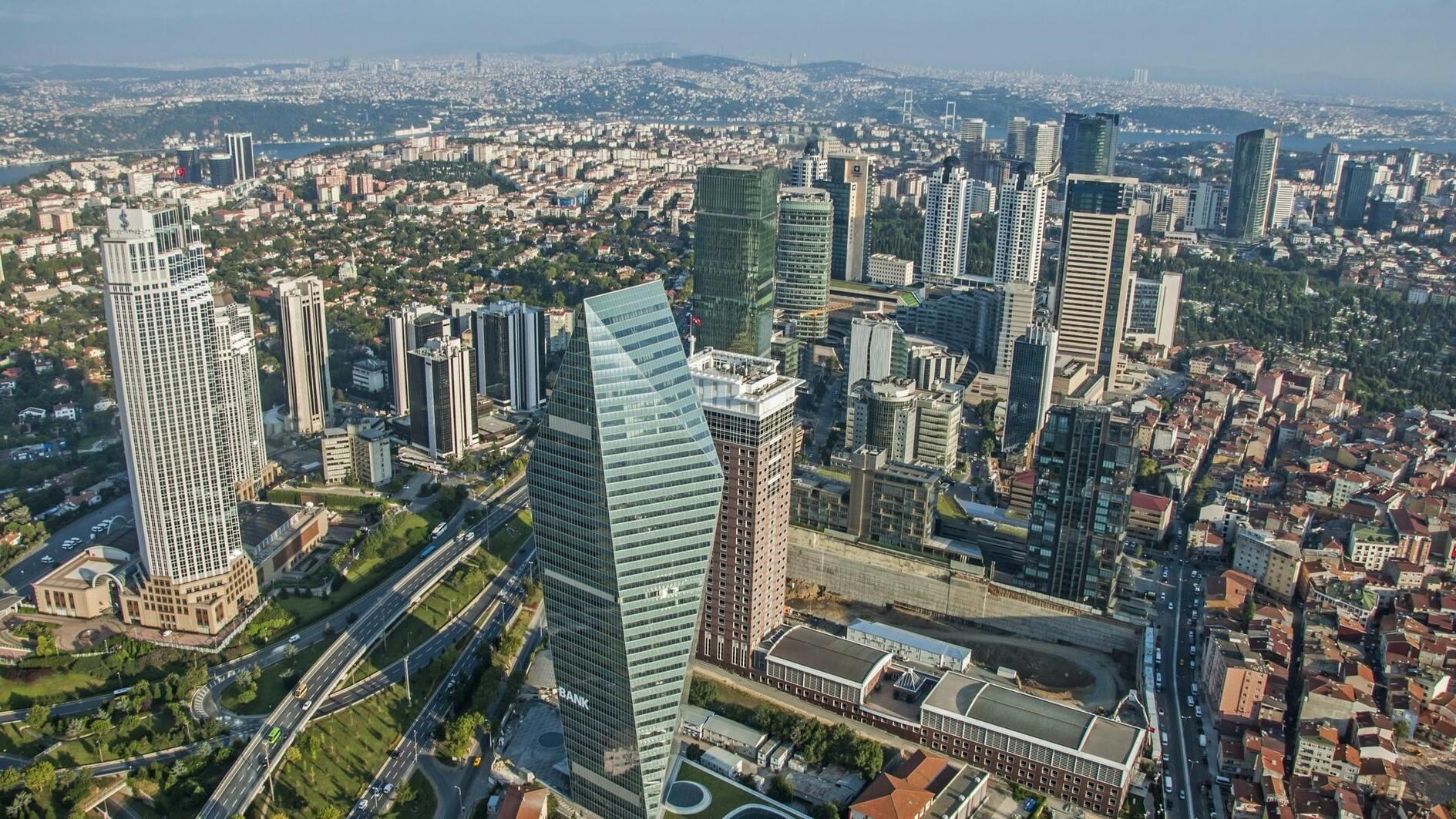Kurds change the flow of Turkish politics once again
It was two consecutive moves by Selahattin Demirtaş, the co-chairman of the Kurdish problem-focused Peoples’ Democratic Party (HDP), that changed the course of Turkish politics as we headed to the June 7 elections.
The first move was his challenge to the 10 percent threshold, by announcing that the HDP was going to enter the elections under its own emblem, thus risking sending no deputies to parliament if it stayed under 10 percent.
The second move was Demirtaş’s statement, directed at President Tayyip Erdoğan, that they would never let Erdoğan take Turkey to the strong presidential system he desired.
Thanks to that message, the HDP was able to attract votes from Turkish leftists and liberals, ultimately getting 13 percent of the votes (doubling its Kurdish vote base) and sending 80 deputies to the 550-seat parliament.
Eighty is exactly the same number of the seats won by the Nationalist Movement Party (MHP), which does not want to be in any picture alongside the HDP, let alone be in a coalition.
Actually, MHP leader Devlet Bahçeli’s prime condition for a coalition with the Justice and Development Party (AK Parti) is putting an end to the Kurdish peace process, which he sees as leaded to a divided Turkey.
The AK Parti’s Kurdish solution bid was initiated by President Erdoğan when he was the prime minister in 2012 and continued by Prime Minister Ahmet Davutoğlu after he took over from Erdoğan.
Since the election, both Erdoğan and Davutoğlu have been strongly criticizing the HDP for not at least asking the outlawed Kurdistan Workers’ Party (PKK) to send its armed groups outside of Turkish territory.
Davutoğlu said this is why his visit to the HDP yesterday, July 15, did not carry the perspective of prospectively forming an AKP-HDP coalition.
However, a day before the meeting, Demirtaş said during a live TV show that the HDP had called on the PKK to lay down its arms.
This statement has changed the mood not only of Davutoğlu, but also the general political atmosphere.
Davutoğlu had already got a “positive impression” from his visit with Republican People’s Party (CHP) head Kemal Kılıçdaroğlu, as well as a suggestion from Bahçeli that he should first try a coalition with the CHP.
Yesterday, following the HDP visit, Davutoğlu said he was impressed by the “improvement” in the attitude of the HDP, which separated itself politically from the line of the PKK.
That statement practically weakens the probability of a coalition between the AK Parti and the MHP to even lower levels, keeping the probability of a “grand coalition” with the CHP high, but not taking the chances of a re-election off the table.



